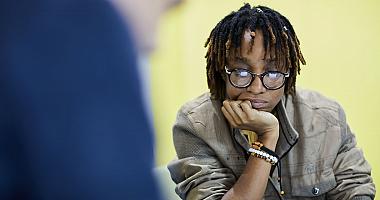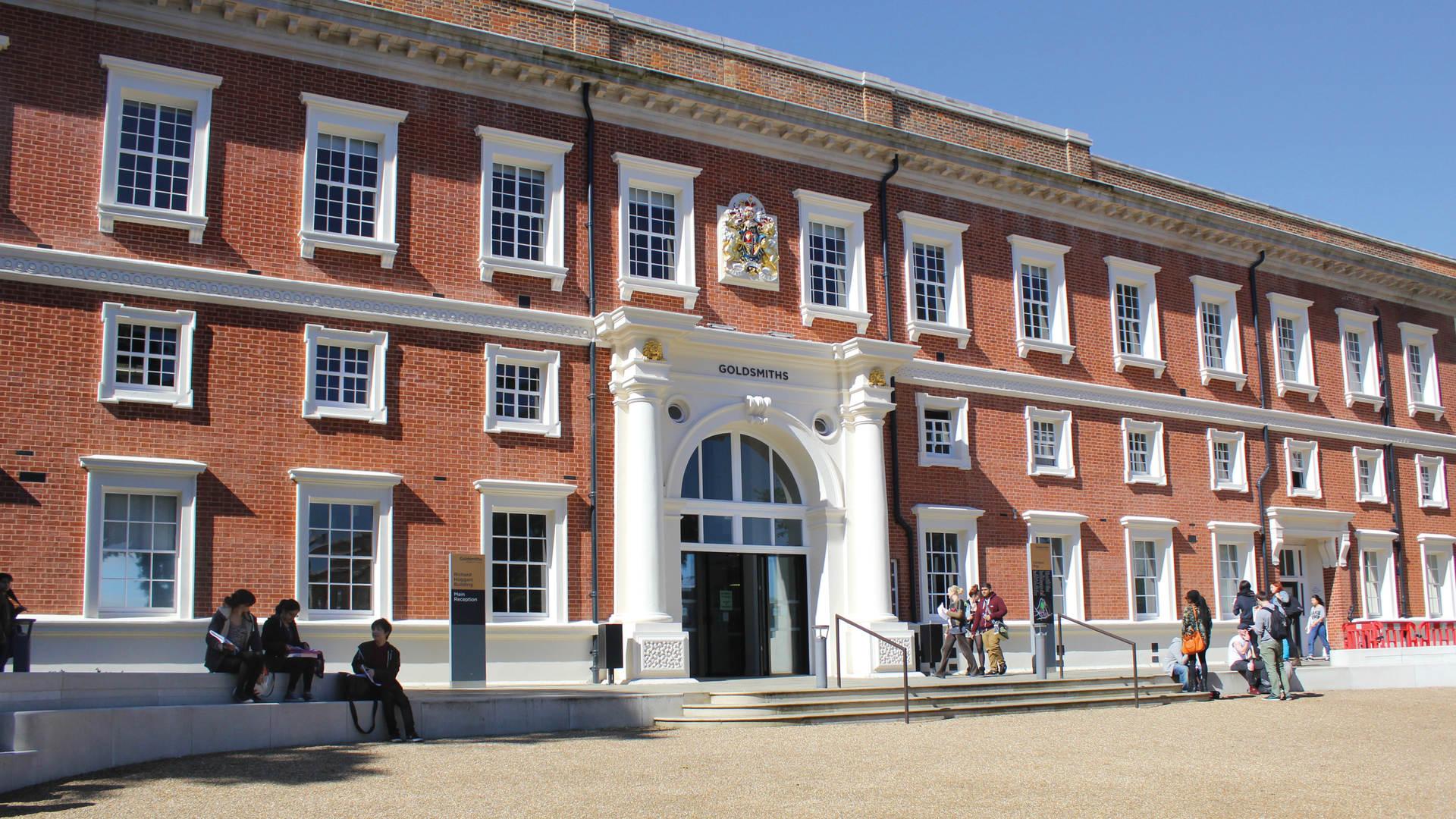Course information
Department
Length
3-4 years full-time or 4-6 years part-time
Course overview
Explore critical theory in its historical and contemporary modalities on the Goldsmiths MPhil/PhD in Literary and Critical Theory.
Explore critical theory
- Originally designating a group of thinkers associated with the Frankfurt School, "critical theory" has expanded to encompass a range of approaches committed to reflecting on the premises and categories employed in disciplines ranging from literary studies and political science to history and film studies.
- By nature interdisciplinary, critical theory has become an integral part of literary theory and cultural analysis, as well as the study of philosophy and political thought.
- The MPhil/PhD Pathway in Literary and Critical Theory enables postgraduate researchers to explore topics in any aspect of critical theory, from its emergence in the eighteenth and nineteenth centuries in the work of Kant, Hegel, Marx, and Nietzsche, to the critiques of modern capitalism and fascism developed in the twentieth century by the Frankfurt School and others, to contemporary modes of critical theory including critical race theory, postcolonial theory, feminist theory, gender studies and queer theory, eco-criticism, psychoanalysis, and various approaches developing out of structuralism and post-structuralism.
- Assessment is by thesis and viva voce.
Unique resources and research opportunities
- Undertaking research in critical theory at Goldsmiths enables postgraduate researchers to take advantage of the unique resources available in the Department of English and Creative Writing as well as in the College at large.
- The Department is home (together with Sociology) to the Centre for Philosophy and Critical Thought (cpct.uk), which runs an annual research seminar, and hosts numerous public lectures, workshops, and conferences throughout the year. CPCT also hosts the Annual Goldsmiths Philosophy Lecture. Pathway researchers have the opportunity to become CPCT affiliates and lead workshops related to their research.
- Through CPCT, the Department is also the base for the Walter Benjamin London Research Network, which regularly organises international conferences and supports student-led initiatives on all aspects of Benjamin's work.
- Researchers also have the opportunity to play an active role in other aspects of the Department's research environment, including the Richard Hoggart Lectures in Literature and Culture, the Goldsmiths Literature Seminars (GLITS), and the e-journal, GLITS-e, and the Centre for Caribbean and Diaspora Studies; and to take advantage of the many public events run by research units elsewhere in the College such as the Centre for Postcolonial Studies and the Political Economic Research Centre.
- Recent and current PhD projects include: "uncriticizability" from Goethe to Benjamin; critique of "journalistic reason" in Kierkegaard, Nietzsche, and Benjamin; the liminal image in Warburg, Benjamin, and Didi-Huberman; Surrealism and the "secret society" in the history of political thought; Foucault and Zen Buddhism; Günther Anders and critique of technology in early critical theory; theories of the non-place in language and psychoanalysis; Kafka and language mysticism.
Find out more
Contact the department
If you have specific questions about the degree, contact Julia Ng.





